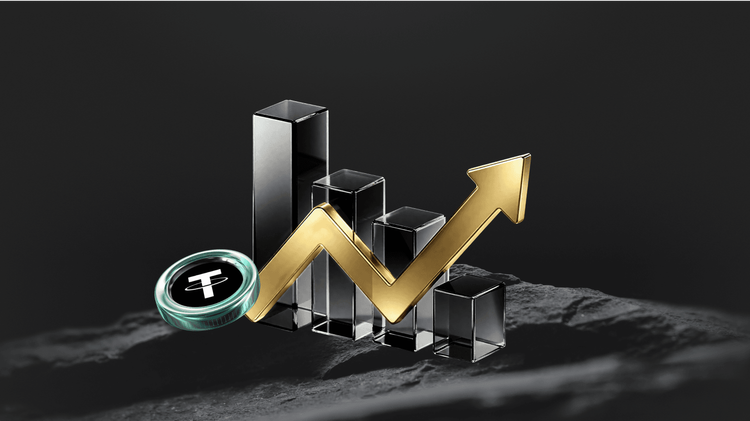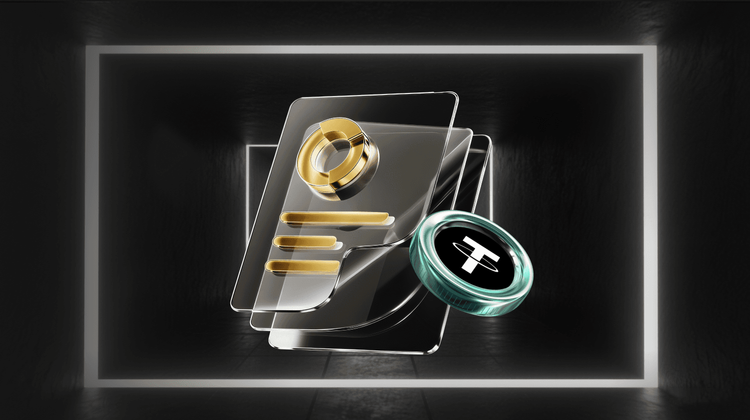Dalio: The Fed is in a Difficult Position, Should Not Cut Interest Rates, Warns of Consequences of "Inappropriate Rate Cuts"
Original Title: "Dalio: The Fed is in a Difficult Position, Should Not Cut Rates, Warns of Consequences of 'Inappropriate Rate Cuts'"
Original Author: He Hao, Wall Street News
On Tuesday, Ray Dalio, the founder of hedge fund Bridgewater, was asked about the possibility of the Fed cutting rates given the current economic situation in the U.S. In response, Dalio stated that the Fed is in a difficult position and should not cut rates. Dalio believes that the Fed should not cut rates at the moment, as rate cuts are not the appropriate monetary policy choice. He pointed out that the Fed is in a very challenging situation and needs to balance multiple factors. There is currently significant uncertainty and deteriorating market sentiment, but the real economy itself has not shown significant problems yet. Therefore, the Fed's situation is very tricky.
Dalio mentioned that from a longer-term perspective, political factors will impact future monetary policy. If a new Fed chair takes office, it is more likely to push for rate cuts because policymakers usually prefer economic stimulus. Additionally, as interest rates have a significant impact on debt servicing costs, and debt levels are currently so high, the pressure for rate cuts will also increase as rate cuts can ease debt burdens. Dalio pointed out that one person's debt is another person's asset. So the issue is that if rates are lowered, the return on assets will also decrease. So, how are rates lowered? There may be rate cuts, but ultimately, some form of intervention is needed to achieve this, and these intervention measures will weaken the currency's value, leading to a "currency value dilemma."
Dalio believes that if we imagine a future where monetary policy changes, taking into account the impact of midterm elections, it will be a very worrying period:
If the market sees, for example, a too aggressive or inappropriate rate cut measure, it could actually have a very negative impact on the bond market. Because doing so would push up long-term rates, steepen the yield curve, and could also lead to a depreciation of the dollar, an increase in gold prices, reflecting a dynamic where the market is fleeing the bond market because the value of money has become more important.
This week, heavyweight officials such as the Fed's number two and three have spoken out, hinting that rates may stay until at least September, with Atlanta Fed President Bostic expecting possibly only one rate cut this year. Investors currently see less than a 10% chance of a rate cut at the next FOMC meeting in June and expect only two rate cuts this year, each by 25 basis points, lower than the four rate cuts expected by the market at the end of April.
You may also like

Predicting the market does not predict the truth; it simply rewards those who guess right

Delphi Digital's Top 10 Predictions for 2026: Perp DEX Eats Wall Street, AI Agents Usher in Era of Autonomous Trading

X Pulls the Plug — the Era of “Talking Your Way to Traffic” Comes to an End.
Other people’s traffic will always belong to them—not to you.

First Zero, First Revival: A Real Story from the WEEX Global AI Trading Hackathon Preliminary Round
WEEX Labs, the innovation arm of the global crypto exchange WEEX, launched the preliminary round of its flagship AI trading hackathon, AI Wars: WEEX Alpha Awakens, on January 12, 2026. Backed by world-class sponsors including AWS, the prize pool has reached $1.88 million, with a Bentley Bentayga S awaiting the champion in Dubai. Already, 788 elite teams worldwide are battling for a spot in the finals. This is more than a hackathon — it is a real-market stress test for AI trading. Registration remains open until January 18. If you want your AI to face real volatility, this is your moment.

AI Wars: WEEX Alpha Awakens – Insights, Top Strategies, and Real-Market Execution Takeaways
WEEX Labs has officially launched the preliminary round of its global AI trading hackathon, AI Wars: WEEX Alpha Awakens, bringing together hundreds of elite teams to compete in real-market conditions. With a record-breaking $1.88 million prize pool and backing from top-tier sponsors like AWS, the event has quickly become a global proving ground for AI-powered trading strategies. As competition intensifies and standout teams emerge on the leaderboard, the hackathon not only showcases cutting-edge AI execution and risk management, but also offers valuable insights and inspiration for traders looking to build or refine their own AI-driven systems.

WEEX P2P now supports Polish zloty (PLN)—new users and merchant rewards
To make crypto deposits easier, WEEX has officially launched its P2P trading platform and continues to expand fiat support. We're excited to announce that the Polish Zloty (PLN) is now available on WEEX P2P!

Layoffs of 30%, But Spending $250 Million to Buy a Company - What Is Polygon Thinking?

Sentient Reveals Tokenomics, How Will the Market Price It?

AI in the Crypto Market: How Artificial Intelligence is Changing Trading Strategies
This article explores how AI contributes to these movements and share practical strategies to help you navigate an AI-powered crypto market.

Yen Weakness Nears Inflation Red Line: Bank of Japan May Be Forced to Hike Early

Cross-chain Collaboration: Tom Lee Invests $200 Million, Joins Forces with Global Top Streamer Mr. Beast

Interactive Brokers Integrates USDC, US Bank Questions Stablecoin, What's the Overseas Buzz?

Trump Waves Hand, Stirs Venezuela's Game Hurricane

The Genius Stopping Law: Why Did Coinbase Backpedal at the Eleventh Hour?

Fact Check: How Much Money Did the University of Chicago Lose in its Crypto Investment?

Rumor has it that Coinbase is set to acquire Farcaster, still an Acquihire.

VanEck Q1 Market Outlook: Long-Term Bullish on Cryptocurrency, Strong Gold Demand

In the span of a week, what does Twitter's continuous updating on the Coin Circle Plate reform and Musk's intentions mean?
Predicting the market does not predict the truth; it simply rewards those who guess right
Delphi Digital's Top 10 Predictions for 2026: Perp DEX Eats Wall Street, AI Agents Usher in Era of Autonomous Trading
X Pulls the Plug — the Era of “Talking Your Way to Traffic” Comes to an End.
Other people’s traffic will always belong to them—not to you.
First Zero, First Revival: A Real Story from the WEEX Global AI Trading Hackathon Preliminary Round
WEEX Labs, the innovation arm of the global crypto exchange WEEX, launched the preliminary round of its flagship AI trading hackathon, AI Wars: WEEX Alpha Awakens, on January 12, 2026. Backed by world-class sponsors including AWS, the prize pool has reached $1.88 million, with a Bentley Bentayga S awaiting the champion in Dubai. Already, 788 elite teams worldwide are battling for a spot in the finals. This is more than a hackathon — it is a real-market stress test for AI trading. Registration remains open until January 18. If you want your AI to face real volatility, this is your moment.
AI Wars: WEEX Alpha Awakens – Insights, Top Strategies, and Real-Market Execution Takeaways
WEEX Labs has officially launched the preliminary round of its global AI trading hackathon, AI Wars: WEEX Alpha Awakens, bringing together hundreds of elite teams to compete in real-market conditions. With a record-breaking $1.88 million prize pool and backing from top-tier sponsors like AWS, the event has quickly become a global proving ground for AI-powered trading strategies. As competition intensifies and standout teams emerge on the leaderboard, the hackathon not only showcases cutting-edge AI execution and risk management, but also offers valuable insights and inspiration for traders looking to build or refine their own AI-driven systems.
WEEX P2P now supports Polish zloty (PLN)—new users and merchant rewards
To make crypto deposits easier, WEEX has officially launched its P2P trading platform and continues to expand fiat support. We're excited to announce that the Polish Zloty (PLN) is now available on WEEX P2P!
